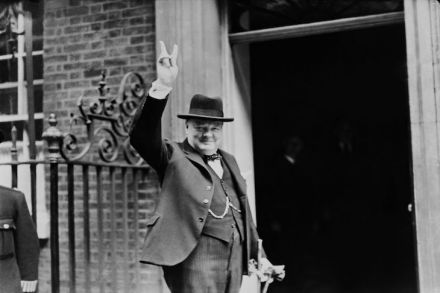Hitler’s affair with his niece — and a failed attempt on his life — make for a sizzling thriller
The journalist Deepa Anappara turns to crime with her debut novel, Djinn Patrol on the Purple Line (Chatto & Windus, £14.99). First off: great title. I really wanted to love this book, expecting, well, djinns on the purple line. The results are somewhat different. The purple line refers to a train line that runs through an area of an Indian city filled with slums and rubbish tips. Nine-year-old Jai is obsessed with TV cop shows. When young children start to go missing, Jai sets out to track down the people responsible. The hours he’s spent watching programmes such as Police Patrol will now come to good use, as he works




















